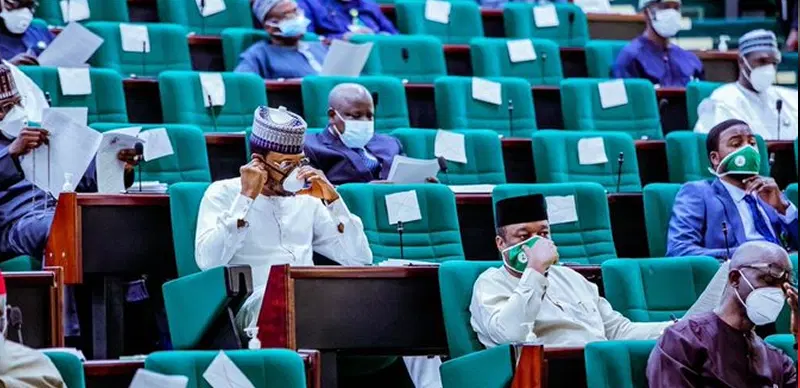The World Bank has increased its disbursement to Nigeria under the $800 million National Social Safety Net Programme-Scale Up to $530 million, up from $315 million in 2023.
This reflects an additional $215 million released in 2024 to support the country’s palliative initiatives targeted at cushioning economic hardship, especially for vulnerable households.
Although the exact date of this new disbursement remains unconfirmed, checks as of April 30, 2025, show the Bank’s transaction records had not yet been updated, suggesting the funds were released in early May 2025.
The facility, originally approved on December 16, 2021, aims to deliver conditional cash transfers to the poorest and most vulnerable Nigerians, particularly in response to the removal of petrol subsidies and other economic pressures.
The Conditional Cash Transfer programme in Nigeria was initially designed to provide ₦5,000 monthly to selected households. However, following policy reforms by the Bola Tinubu administration, the payment was increased to ₦25,000 per month for a duration of three months, with the goal of reaching 15 million households across the country.
To support this expanded initiative, the World Bank disbursed $300 million to Nigeria in October 2023, followed by an additional $15 million in November 2023.
Data obtained on Thursday reveals that an additional $215 million has been disbursed, bringing the total World Bank funding released to Nigeria under the programme to $530 million. This reduces the remaining amount available for drawdown to approximately $226.73 million.
Approximately 66.25% of the loan has been disbursed, with 33.75% remaining. Although the World Bank approved the palliative programme in December 2021, its implementation was delayed by nearly 17 months.
According to the records, Nigeria has made substantial interest payments under the IDA-70190 financing agreement, as recorded by the World Bank.
On January 30, 2024, the country paid three separate charges totaling $822,259.40, $495,603.16, and $495,603.16, bringing the total for January to over $1.81 million. These payments followed earlier disbursements of $300 million in October and $15 million in November 2023.
On July 15, 2024, Nigeria paid over $5.36 million in interest charges under the IDA-70190 financing agreement. The payments included $1.98 million, two charges of $1.19 million each, and $3,737.83.
When combined with the January payments, the total interest paid on the loan amounted to about $6.18 million, despite a large portion of the loan remaining undisbursed.
Dr. Betta Edu, her successor, faced allegations after reports revealed that she authorized a N585 million transfer into a private account intended for payments to vulnerable groups. The Accountant-General of the Federation rejected the transaction, citing violations of public financial regulations.
In response to these revelations, President Bola Tinubu suspended Edu in January 2024 and initiated a thorough investigation into the ministry’s finances. The EFCC later confirmed the recovery of approximately N32.7 billion and $445,000 linked to the alleged fraud.
Halima Shehu, the former National Coordinator of the National Social Investment Programme Agency, was arrested for allegedly transferring N44bn from NSIPA accounts to suspicious destinations.
In response, President Tinubu has appointed Finance Minister Wale Edun to head a special investigative panel tasked with reviewing and restructuring Nigeria’s social investment programmes.
The panel is tasked with ensuring that future interventions are managed transparently, efficiently, and with a strong emphasis on accountability.










